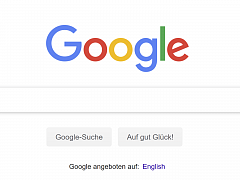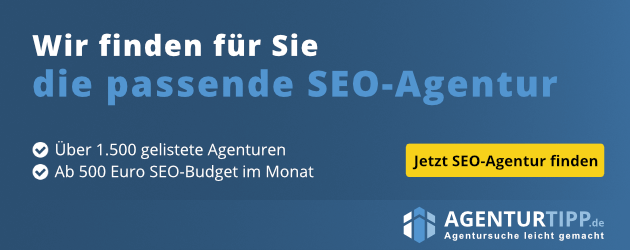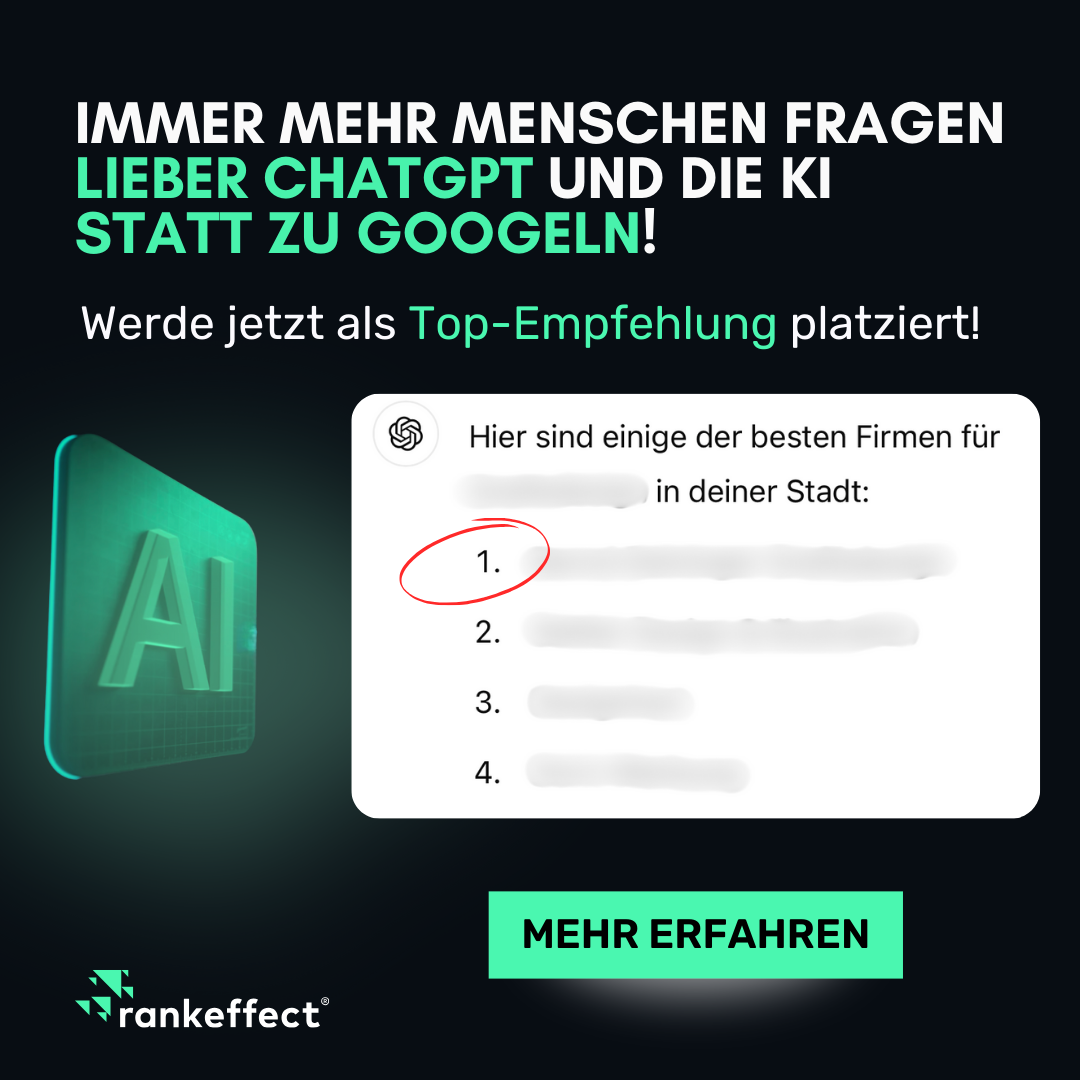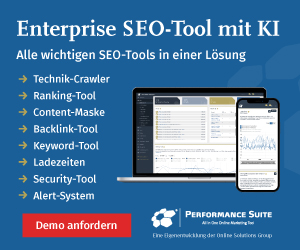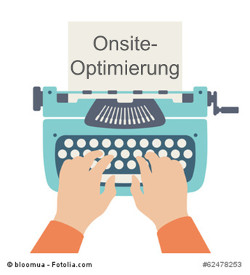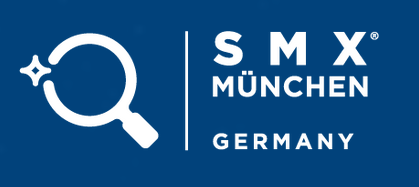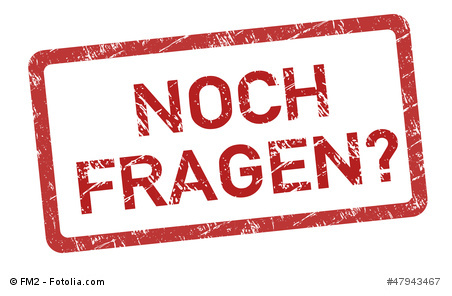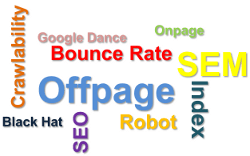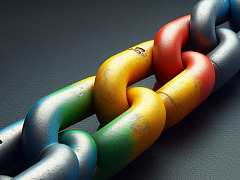
Googles interessanter Umgang mit gesponsorten Links
 Eigentlich war immer klar: Wer Backlinks kauft und diese nicht als gekaufte Links kennzeichnet, verstößt gegen die Google-Richtlinien. Ein aktueller Fall zeigt aber, dass es auch dabei auf die Umstände ankommt. Pikanterweise geht es hier um Googles eigenes Produkt.
Eigentlich war immer klar: Wer Backlinks kauft und diese nicht als gekaufte Links kennzeichnet, verstößt gegen die Google-Richtlinien. Ein aktueller Fall zeigt aber, dass es auch dabei auf die Umstände ankommt. Pikanterweise geht es hier um Googles eigenes Produkt.
Vergangene Woche hatte ein Nutzer auf der Webseite "Let's Encrypt" einen gesponsorten Link bemerkt, der auf die Produktseite des Google-Browsers Chrome zeigt. Die Webseite beschäftigt sich mit Verschlüsselung im Netz. Google ist hier als Platin-Sponsor aufgelistet, was einen Beitrag von 350.000 US-Dollar voraussetzt. Pikanterweise war dieser Link jedoch nicht per "nofollow" ausgezeichnet, wie es bei bezahlten Links erforderlich ist, um nicht gegen die Google-Richtlinien zu verstoßen.
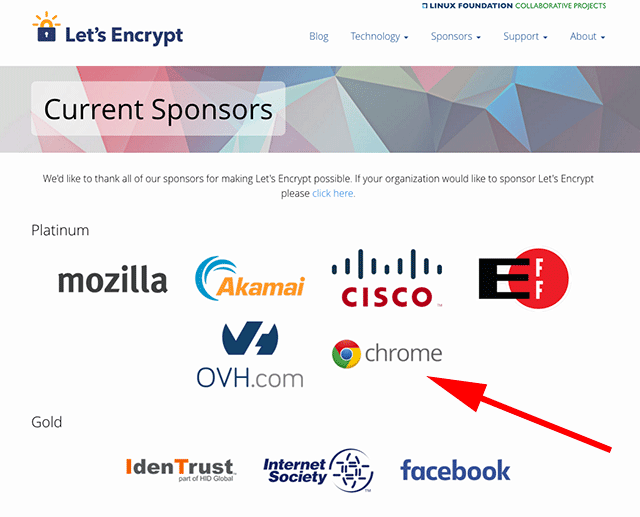
Nun sollte man glauben, dass Google auch in solchen Fällen durchgreift, in denen die eigenen Produkte von Verstößen betroffen sind. Schon im Jahr 2012 hatte Google eine Penalty verhängt, als eine Marketing-Agentur den Chrome-Browser mit bezahlten Links in der Suche nach vorne bringen wollte.
Dieses Mal wird es vermutlich nicht so weit kommen. Laut Aussage von Johannes Müller in einem Hangout von letzter Woche könne Google inzwischen unterscheiden, ob ein bezahlter Link wie derjenige im vorliegenden Fall die Ausnahme oder die Regel sei. Es werde geprüft, ob die betreffenden Links in der Absicht gesetzt worden seien, die Suchergebisse zu manipulieren. Sei dies nicht der Fall, so sei dies nicht problematisch, und das Web Spam-Team werte diese Links im Backend ab, so dass sie keinen PageRank übertragen. Dies gelte sowohl für Drittseiten, als auch für Googles eigene Seiten:
"I'd say it's kind of a weird situation when you look at it from our side because people might assume that we were supporting that just to give it a rank and that's not the case so
essentially what the web spam team does when they look at things like this is they try to understand the intent of these links and to understand how important are they within the site itself. Is it a very common thing or does it happen only to a couple of things. So if they see this website is overall well supported naturally and there's some problematic links that's not causing any problems from the web spam side. And that's the same for websites on our side as well as for any random external website. So if we see these sponsored links and their intent is not to manipulate the search results, in some cases what the web spam team will do is just to discount these links in the backend and kind of treat them like disavowed links so that they don't pass any page rank but we understand that no harm is meant here and there's no intent to cause any problems."
Ob diese Politik neu ist, und wie lange Google schon danach handelt, ist schwer zu sagen. Wichtig ist jedenfalls das Gesamtbild des Backlinkprofils einer Webseite: Finden sich dort mehrheitlich "gesunde" Links, dann ist die Gefahr einer manuellen Maßnahme oder Penalty durch Google wohl eher gering. Anders sieht es aus, wenn eine Webseite eine große Zahl an Backlinks aus zweifelhaften Quellen besitzt. Dann kann schon ein als manipulativ angesehener bezahlter Link zum Problem werden.
Titelbild © John Smith - Fotolia.com
Verwandte Beiträge

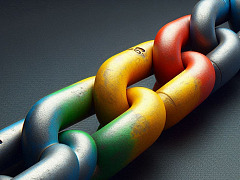
KI und LLMs: Backlinks und bezahlte Platzierungen müssen neu gedacht werden
